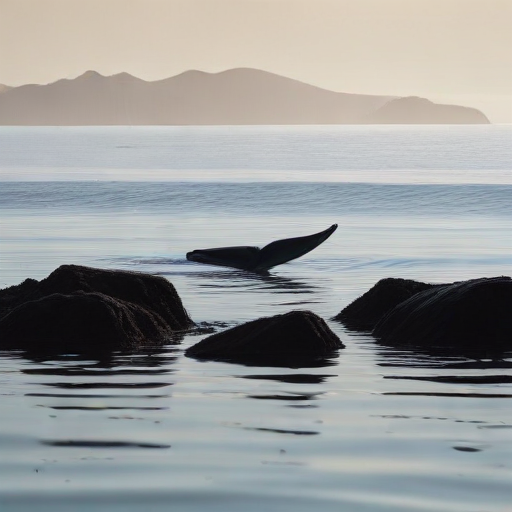The remaining population of Rice’s whales, estimated at only about 50 individuals, has reason to breathe easier with the recent legislative changes involving former Congressman Matt Gaetz. Gaetz, who had initially proposed legislation that threatened this critically endangered species by allowing military live-fire training in their habitat, has since resigned from his congressional position after a series of controversies.
His resignation came shortly after being nominated by Donald Trump to the role of U.S. attorney general, a nomination that he ultimately withdrew. With Gaetz’s departure, the legislation he pushed, which could have increased risks to the Rice’s whale population in the Gulf of Mexico, was also sidelined. The National Defense Authorization Act, which passed Congress on December 19, did not include his proposed measures, providing a glimmer of hope for the whales.
Gaetz had originally introduced the legislation in 2023 to permit munitions testing across a substantial area of the Eastern Gulf Test and Training Range, a region that overlaps with the Rice’s whale habitat, specifically in the deep waters of DeSoto Canyon. Despite initial support for his resolution, it lost traction when the Senate did not adopt it, ultimately leading to its removal in the final version of the NDAA.
Environmental advocates, including the Defenders of Wildlife, expressed relief at the exclusion of this legislation, highlighting that protections for the Rice’s whale were preserved. Daniel Moss, a representative from Defenders of Wildlife, noted the organization’s satisfaction with the outcome, emphasizing the importance of safeguarding this unique species.
Identified as a distinct species only in 2021, the Rice’s whale has seen its numbers decline significantly since the Deepwater Horizon Oil Spill and relies on the quietude of the DeSoto Canyon for refuge from the disruptive sounds of maritime activities. The Eglin Air Force Base, recognized for its commitment to environmental stewardship, is actively working on measures to protect the whales while meeting its operational needs.
This development serves as a hopeful reminder of the importance of prioritizing environmental conservation alongside military and developmental interests. As more stakeholders engage in protective measures, there remains a chance for the Rice’s whale to thrive and bolster its population in the years to come.
